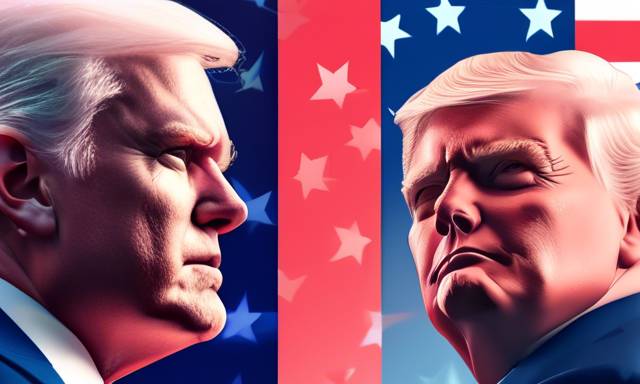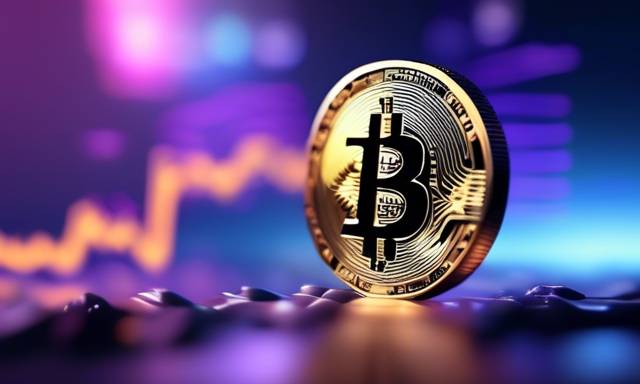Insights on Recent Developments in Election Prediction Markets 📊
Election prediction markets are currently facing scrutiny from regulators as the U.S. gears up for its upcoming elections. The ongoing legal disputes illustrate the tensions between innovation in financial markets and the safeguarding of electoral integrity. This year, as political engagement ramps up, the outcome of this legal battle could reshape the landscape for political betting in the United States.
Ongoing Legal Battle: Kalshi vs. CFTC ⚖️
The legal conflict involving Kalshi, a market for election predictions, and the Commodity Futures Trading Commission (CFTC) has been underway since late November 2023. Kalshi initiated the lawsuit after learning that it could not proceed with creating contracts related to which parties would control Congress during elections. This lawsuit emphasizes the regulatory challenges facing new betting platforms attempting to offer innovative financial products related to political outcomes.
Legal Risks for Prediction Markets 🚨
Federal regulations focus on maintaining the integrity of electoral processes, which is a primary concern for the CFTC regarding Kalshi’s proposal. The regulator highlighted the potential risks of allowing betting on election outcomes, labeling it a public interest concern. The CFTC’s lawyers expressed apprehension about possible misinformation arising from such markets, indicating that they pose a serious risk to the perceived credibility of elections.
Setbacks for Election Betting Proposals 🔍
Judge Cobb’s ruling against Kalshi signifies a notable challenge to the company’s attempts to operate politically based prediction markets, particularly with voting day approaching in the near future. The CFTC intends to ensure that electoral integrity remains uncompromised as they consider the implications of Kalshi’s operations.
Background of Kalshi and Its Vision 🎯
Founded in 2018, Kalshi has been working diligently to introduce betting markets for U.S. elections since at least 2022. During the midterm elections of that year, the CFTC intervened to halt Kalshi’s initial offerings, illustrating ongoing federal resistance to election-related betting proposals. The saga exemplifies the difficulties innovators face when navigating complex regulatory environments.
The Current Status: Appeals and Delays 🚫
As of September 13, 2024, a federal appeals court issued a temporary suspension of Kalshi’s newly introduced political prediction markets. The court directed Kalshi to halt its contractual activities while it deliberates on an emergency motion submitted by the CFTC. Trading was paused at 11:30 p.m. ET on September 12, with an official notice on their platform indicating that they were engaging in a “pending court process.”
CFTC’s Position on Market Operations 📉
In its official arguments, the CFTC stated that a temporary pause on Kalshi’s contracts would not severely impact the company’s operations. The regulator emphasized that the greater risk lies in allowing these prediction markets to continue, as they could potentially harm public perceptions during the electoral process. This position demonstrates the CFTC’s commitment to maintaining trust in the electoral system.
Kalshi’s Defense and Next Steps ⚔️
Attorneys representing Kalshi have challenged the CFTC’s claims, asserting that there is no justification for a temporary administrative halt. They argue that the marketplace can operate without significant adverse effects while complying with federal oversight. The appeals court has stipulated that Kalshi is required to submit a response by Friday evening, while the CFTC has the opportunity to reply by Saturday evening, indicating that this legal debate is far from over.
Hot Take: The Future of Electoral Markets 🔮
As the U.S. approaches significant elections, the dynamics of election prediction betting will likely undergo considerable scrutiny. The developing state of Kalshi’s legal battles against regulatory efforts exemplifies the broader tension between modern financial innovation and traditional regulatory frameworks. The ultimate resolution of this dispute might influence how future election outcomes are perceived and participated in by the public, especially in a politically charged environment. Understanding these legal proceedings becomes crucial as they could set precedents for other forms of market innovations associated with major national events.





 By
By
 By
By
 By
By
 By
By
 By
By